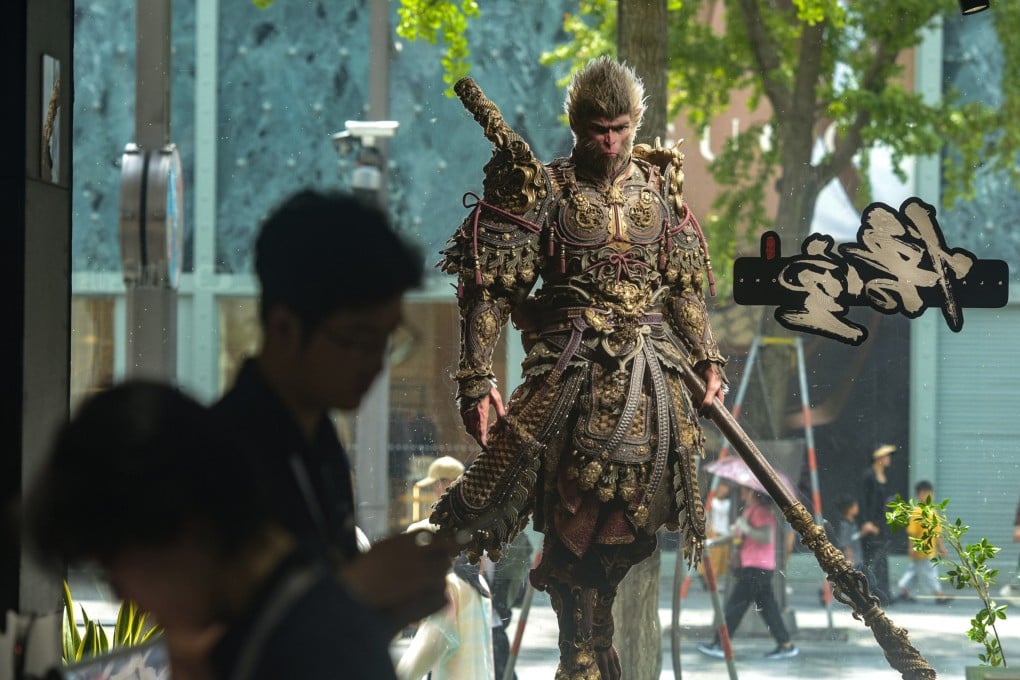Letters | Why Black Myth: Wukong is more than just a game
Readers discuss a video game by a Chinese studio that has generated global buzz, and Chinese funeral customs

At the heart of the story is Wukong himself, who despite having achieved the divine rank of “Victorious Fighting Buddha” and immortality finds himself yearning for the freedom of his earlier days. Tired of the rigid order of heaven, he returns to Flowers and Fruit Mountain, seeking peace among his fellow monkeys. Yet his departure does not go unnoticed.
The gods, viewing this as rebellion, send the formidable Erlang Shen to bring him back – or defeat him. The inevitable clash between Wukong and Erlang Shen is a battle of epic proportions. Both possess extraordinary power, and their fight shakes the heavens. Despite his unmatched skill, Wukong is eventually overpowered and forced to retreat.
However, this defeat only marks the beginning of a new chapter. His essence is shattered into six fragments – eyes, ears, nose, tongue, body and mind – scattered across treacherous lands. The quest to restore him now falls to his descendant, who must retrieve these fragments to resurrect the Monkey King.
The journey to reclaim Wukong’s essence is no easy task. Each trial is not merely a physical challenge but a deeper exploration of Wukong’s story – one marked by betrayal, divine corruption and an endless struggle against destiny. As each fragment is recovered, more is revealed about the forces that shaped Wukong’s fate and the cosmic battles that still ripple through the world.
What makes Black Myth: Wukong stand out is its rich narrative depth. Beyond the action, the game offers a story of rebellion, redemption and the quest for freedom in a world controlled by powerful gods. The themes resonate with universal struggles – fighting against oppressive forces, seeking personal liberation and defying predetermined paths. In this way, Black Myth: Wukong goes beyond traditional gameplay to offer an immersive experience where mythology and destiny intertwine.